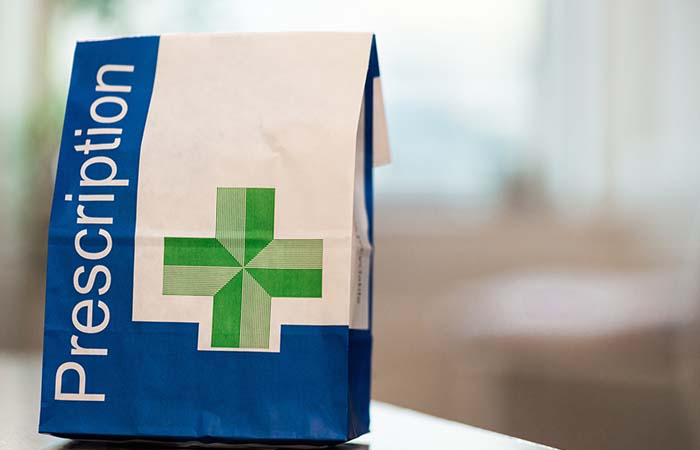‘Tax on the vulnerable’: Prescription charge to rise to £9.90 from May
In NHS & health news
Follow this topic
Bookmark
Record learning outcomes
The prescription charge in England will rise by 25p to £9.90 per item from May 1, the Department of Health and Social Care has said, with Community Pharmacy England attacking the charge as a “tax on the vulnerable”.
The fee changes, which have been laid before Parliament, will also see the cost of a three month pre-payment certificate (PPC) rise by 80p to £32.08, 12-month PPCs going up by £2.90 to £114.50 and HRT-specific 12-month PPCs rising by 50p to £19.80.
Pharmacies are required to display a notice explaining the NHS prescription charge to patients. CPE has published cards that can be printed out and used for this purpose that also explain to patients that the money collected via charges “does not help to fund this pharmacy and is unrelated to the cost of your medicines”.
CPE chief executive Janet Morrison said: “Yet again community pharmacies must be the bearers of bad news as the Government decides to raise the NHS prescription charge. As the cost of living continues to put strain on the most vulnerable in society, many patients will have to make unbearable decisions about which medicines they can afford to pay for.
“We remain opposed to the charge: it is a tax on the vulnerable and one which forces pharmacy teams to act as tax collectors on top of the intolerable wider pressures that community pharmacy is facing.”
Tase Oputu, England board chair with the Royal Pharmaceutical Society, said the hike “will hit working people on low incomes the hardest”.
“Every day pharmacists are asked by patients who are unable to afford all the items on their prescription which ones they could ‘do without’,” said Ms Oputu, adding that the “relentless rise in prescription charges” could lead to higher hospital admissions. ‘
A survey carried out by the RPS with the Pharmacists' Defence Association found that almost all pharmacists have experienced patients walking away without medicine items due to concerns about the levy.
In a recent debate in the House of Commons, pharmacy minister Andrea Leadsom said the Government would refuse to consider scrapping prescription charges in England, as has been done in the rest of the UK.
Ms Leadsom appeared to suggest that healthcare in Scotland has suffered as a result of axing the charges in 2011 and said she was “glad that this Government in England made the right decision to require those who are better off to contribute to vital NHS services in England”.

